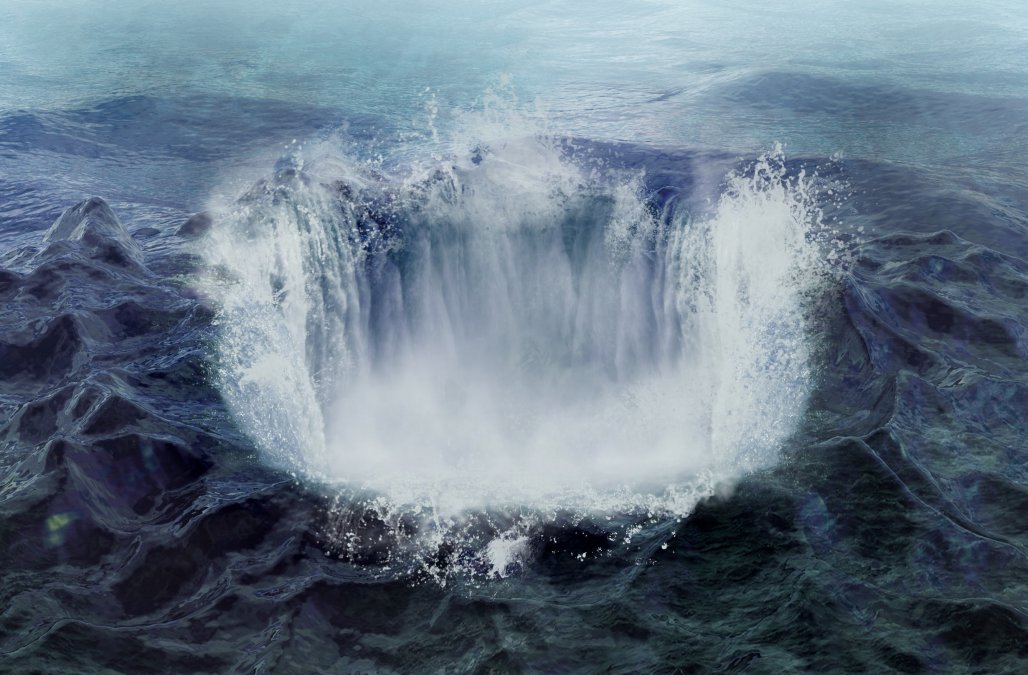
The electoral process is not a reality TV show. But that’s how the managers of cable networks seem to have addressed it, further weakening a democracy that, according to the last report of Freedom House, is slipping dangerously in its global ranking. They are participating in a decline of democratic norms, a deterioration that can be seen in the current voting process that is slowly embarking toward the “Bermuda Triangle” on Nov. 3.
To start, 16 days before the election, 17.4 million people have already voted, 8% of those registered. This keen interest is an accomplishment. But it also has to do with the fact that half of Americans are afraid they will have difficulty voting on Nov. 3—as much because of the pandemic as because of social tensions. Here’s the problem: although early voting will be widely available this year, with most states allowing it and 34 of those permitting people to take advantage of it due to the pandemic, the practice differs from state to state. Eleven states are sending mail-in voting ballots directly to voters; 14 are automatically sending a form to request a ballot; 10 force people to request them; and five believe that the pandemic is not a valid excuse for early voting.
Next, as much because the Postal Service has been placed in a bad position by White House decisions as because of the doubt that has been cast by its occupant about the reliability of the electoral process, confidence is crumbling. For this reason some favor voting in person. Thus, 34 states are allowing early voting (in advance, in person and without a reason) and 24 are also allowing voting during certain weekends before the election. Nevertheless, you have to be seriously dedicated to the democratic ideal to stand in line for up to 10 hours in Georgia to vote early this week.
Yet, barring a tidal wave, election night might not be one night, since the counting may stretch out. Indeed, certain states are beginning the count before Nov. 3, and others will proceed to validate early ballots before Election Day. Others still will not do it until the very evening after the polls close, or else will accept ballots posted the day before or the day of election even if they arrive many days after Nov. 3. Finally, the results might be hampered by legal proceedings (some of which are already in process) and recount demands (automatic in certain states or requested by a third party in others). These disparities could introduce important fluctuations between the in-person vote count on Nov. 3 and the inclusion of early votes, provisional ballots and contested ballots and recounts in the following days.
Finally, there is history which testifies to the impact of tension on the outcome of elections. That’s how it went in November 2000 where the presidential election results rested on votes in Florida, even though many ballots were not electronically readable or had ambiguities. In Miami-Dade County 10,750 ballots were problematic; yet, in the building where the recount was occurring, agents paid by the Republican Party protested aggressively (the “Brooks Brothers’ riots”). The election office for the county was rattled and suspended the recount. Its decision had many consequences: Although the U.S. Supreme Court ruled (5 to 4) that it was no longer possible to respect electoral deadlines, the count would stop, frozen in that state. Florida went to George W. Bush, proving the importance of only one judge out of nine on the Supreme Court.
In this spirit we must remember that in 2018 Broward County (Florida) requested police protection because Republican demonstrations made vote counters feel insecure. In 2020 in Fairfax County, pro-Trump protesters disrupted early voting to the point that authorities opened a building to shelter voters waiting to vote. Yet, this presidential election is the first in 40 years where the Republican Party will be able to use patrols on the outskirts of polling stations. This had been forbidden in 1982 because it intimidated minorities preparing to vote. In this context, the language of the president contesting the validity of the results beforehand while calling the extreme right to action cannot be underestimated. His refusal to disavow radical groups (who have already acted, as the plot against the governor of Michigan attests) is in line with the call of Donald Trump Jr. to create an “army” to keep the election from being stolen.
In this context, every actor in American political life has a role to play in ensuring that American democracy is not lost in this “Bermuda Triangle.” It is not a matter of a neutral zone in this area. There are not two sides to the coin. The decisions of cable networks like NBC will have the greatest consequences and validate Edward Lorenz’s chaos theory.*
These decisions that intentionally transgress essential rules for the functioning of democracy are deeply obscene for voters who individually participate in democracy. In the same way that facts and science must prevail, only the values and norms of democratic debate prevail. All other postures are nothing but cowardice and greed. Democratic debate is not “The Apprentice.”
*Editor’s note: Lorenz’s chaos theory posits that the present determines the future, but the approximate present does not approximately determine the future. Small differences in initial conditions can lead to widely diverging outcomes.

Leave a Reply
You must be logged in to post a comment.